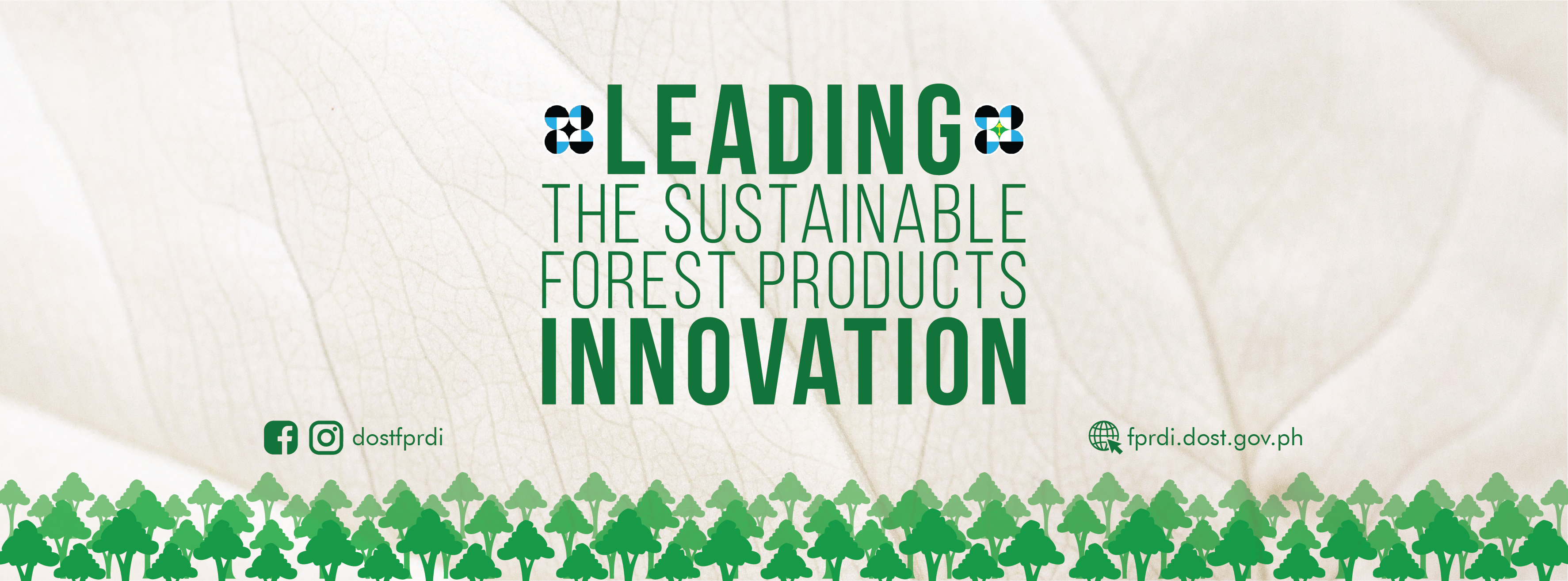Abaca fiber researchers train in Germany
August 17, 2016
Dr. Erlinda L. Mari and Ms. Adela S. Torres were in Clausthal, Germany last 13 – 17 June 2016 to train on the operation of laboratory equipment recently acquired by the Institute - an image analysis sensor and a nanoparticle size analyzer.
“These equipment are critical as we seek to tap the innate properties of abaca fiber to make high-end products with the help of nanotechnology and improved pulp and papermaking processes,” say Dr. Mari and Ms. Torres.
The Philippines is the world’s top producer of abaca, known as the strongest among the plant fibers. Ironically, however, we buy most of our abaca-based high-value products from other countries, including those that get their raw material from us.
“This is why the country needs to exert efforts not only to boost abaca fiber production but to use advanced methods, such as nanotechnology, to make high-end products from the material,” the researchers explain.
Nanomaterials are minute substances, either natural or man-made, which are 10,000 times smaller than the diameter of a human hair. They are produced to exhibit exceptional properties (such as high strength, chemical reactivity or conductivity) compared with the same material at a larger scale. Hundreds of products using nanomaterials are now being made around the world, such as batteries, coatings, anti-bacterial clothing, etc.
According to Dr. Mari and Ms. Torres, “At present, FPRDI is carrying out research and development studies to produce higher-value products from abaca fiber using three strategies - reinforce printing and packaging paper using recycled fiber; develop tea bags and security/currency base paper using nanotechnology.” (Rizalina K. Araral, 16 August 2016) #











